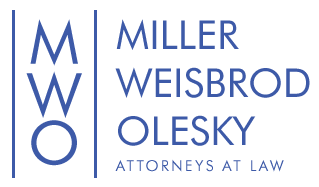Roof Crush Deaths and Injuries
When roofs crush in a rollover, the survival space for occupants is greatly limited or eliminated altogether, so that the heads and spines of occupants contact the roof. In addition, roof crush can open ejection portals, making windows and the windshield area very large and leading to ejection of occupants, which is frequently fatal.
Were you or a loved one seriously injured in a rollover or roof crush accident? Our car accident injury attorneys can help you fight to hold negligent automakers accountable. We represent injured individuals and their families nationwide. Contact us for more information.
Key Points on Rollover/Roof Crush Risks:
According to federal statistics, approximately 7,000 people each year are killed or severely injured in vehicle accidents in which the roof crushes or caves in. Based on years of crash investigations, it is estimated that as many as one-half of seriously injured ejected occupants could have received their initial injuries as a consequence of roof crush. Additionally, studies have shown that:
- The major sources of the most serious rollover injuries are 1) roof intrusion — causing severe head and neck injuries, and 2) full and partial ejection, primarily through broken side windows.
- Even belted occupants suffer partial ejection of their arms and heads, while unbelted occupants can be completely ejected.
The new National Highway Traffic Safety Administration (NHTSA) standard addresses neither of these major causes of injury to far side occupants, and would leave even belted near side occupants exposed to risks from ejection.
What the Auto Industry Has Done — Nothing
Detroit's top automakers, armed with political muscle and reams of research, have fought costly upgrades to a 33-year-old roof-strength standard, even while their own European operations build and test stronger roofs. General Motors Corp. and Ford Motor Co. essentially drafted the regulation as it stands.
The auto industry has even tried to obscure the engineering principles which would have emphasized maintaining survival space by arguing in court and to NHTSA that occupants "dive" into the roof. This ignores the obvious fact that if seat structures and safety belts held occupants in place during a roll (as they should), and if the roof was strong enough to withstand the weight of the car, the head and spine of occupants would be safe.
In addition, safety engineer and attorney Don Slavik has shown through accident investigations that injuries among occupants directly correlate with the location of roof intrusion in the vehicle. That is to say, where there is roof crush, occupants are injured, and where someone is uninjured, there is little-or-no roof crush.
What Is Being Done to Prevent Roof Crush Injuries?
Juries in Texas, California and Nebraska have repeatedly rejected Big Three-backed studies that deny a link between crushed roofs and injuries. Safety groups have stepped up their campaign for a new roof-strength standard with new verdicts that have come in, including a $225 million verdict against Ford in a roof crush case.
The NHTSA is looking hard at recent crash data to establish a direct relationship between collapsing roofs and catastrophic injuries. In filings with NHTSA, GM, Ford and DaimlerChrysler contend there is no need for new standards. NHTSA publishes safety ratings based on frontal and side-impact crash tests, but consumers don't know how their vehicle's roof will react until it literally occurs.
"Some manufacturers take weight out to reduce their strength-to-weight ratios down closer to the minimum," said a senior engineer of the firm Safety Analysis and Forensic Engineering, which advises plaintiffs in lawsuits against automakers. European manufacturers, including GM's Saab and Opel units, employ high-strength steel to improve the strength of roofs.
Contact Miller Weisbrod Olesky
To learn more about your rights and legal options in seeking maximum financial recovery after a serious or fatal rollover and roof crush accident, please call our Dallas office at 214.987.0005 to discuss your rights and legal options with an experienced trial lawyer.
We offer free initial consultations to potential clients nationwide. If you are calling from outside the DFW Metroplex, please use our toll-free line at 888.987.0005 or contact us by e-mail to schedule an appointment.

